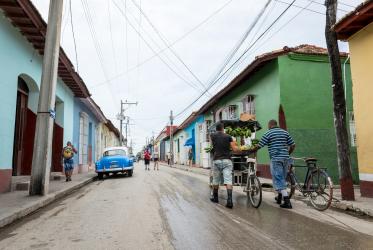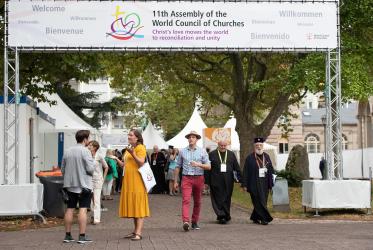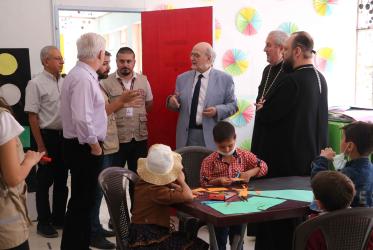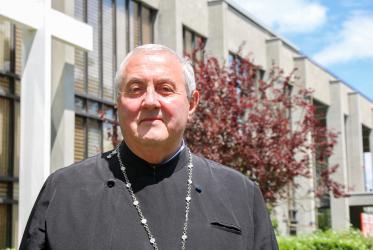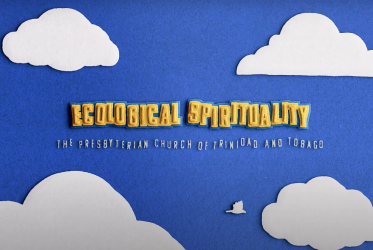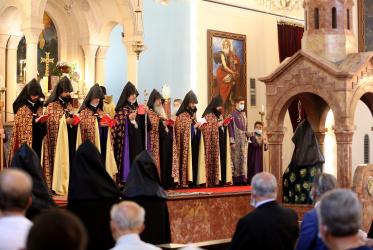Displaying 1 - 18 of 18
Ecumenism in the Philippines means hope and resilience
22 August 2023
Promoting human dignity through art
06 September 2022
WCC shares greetings with Jamaica Baptist Union
24 February 2022
Caribbean churches make clarion call for reconciliation
21 February 2022
Climate crisis fuels existing water injustice
27 October 2021
In Lebanon, “without peace there is no justice”
21 July 2021
In pictures: Week of Prayer for Christian Unity
01 February 2021

